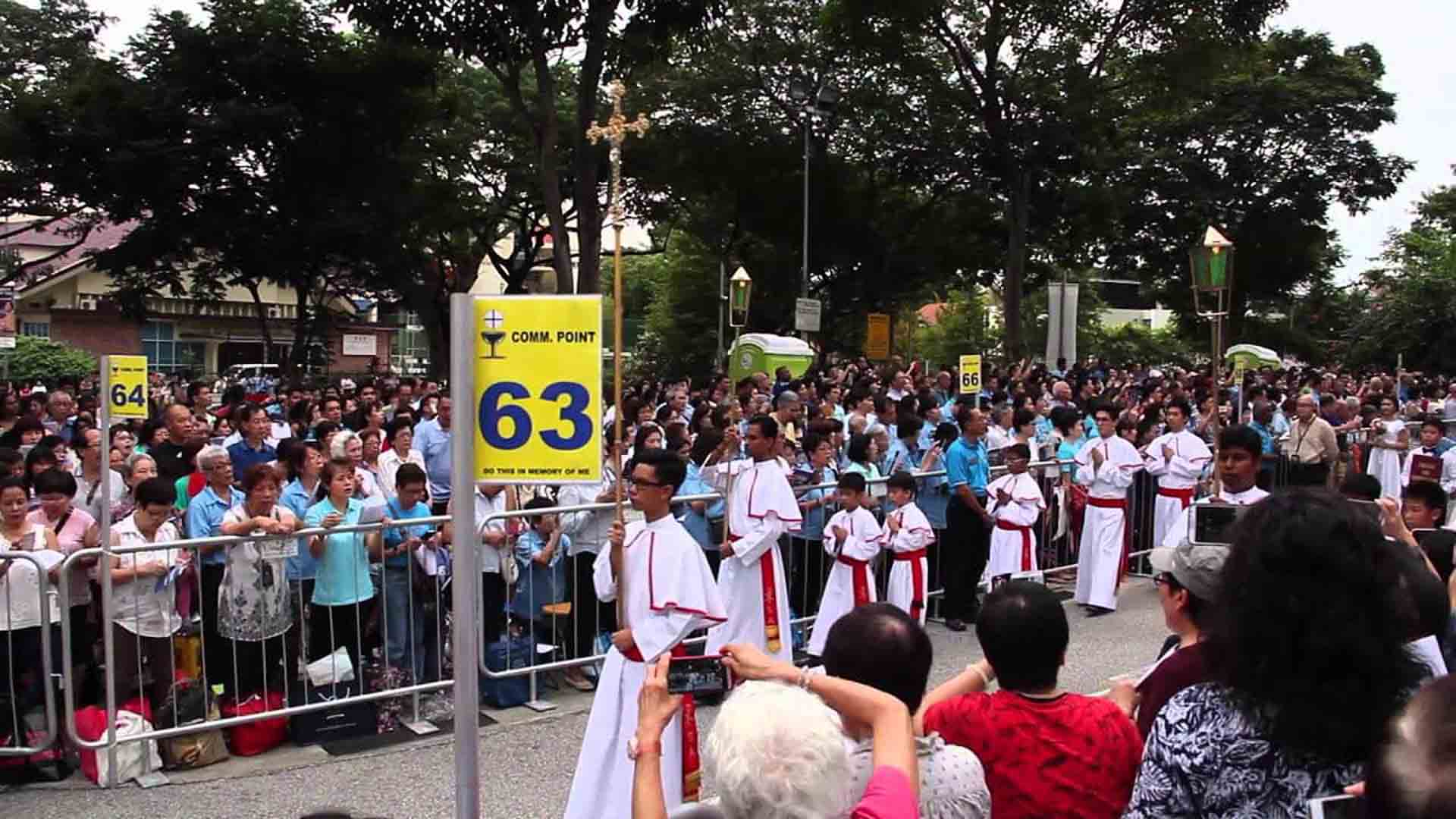270 total views
Homily for Tuesday of the Fourth Week of Easter, 10 May 2022, Jn 10:22-30
We continue to pray for our PPCRV volunteers, as well as other groups that are closely monitoring the reporting of partial unofficial counting of election returns. I suggest that we keep ourselves focused by being attentive to the Word of God.
In our first reading today, St. Luke narrates how the first missions in the earliest Christian communities of Jerusalem and Antioch began. Ironically, what precipitated or accelerated the missions was not exactly the explicit intention of evangelizing. It was rather PERSECUTION!
Many of the disciples were forced to leave Jerusalem after Stephen was stoned to death. Some of them went as far as Phoenicia, Cyprus and Antioch. At the start, they were sharing the good news of Jesus Christ only to their fellow Jews, and lived a community life bonded by love and mutual care.
Last Good Shepherd Sunday, I told you about the two kinds of audiences in the synagogues: the “insiders” and the “outsiders”. The “insiders” were the ones who behaved like exclusive club members. They were the ones who counted themselves as “chosen people,” Jews by birth and ethnicity.
The “outsiders”, on the other hand, were Greeks or Gentiles who were attracted to Judaism but remained marginalized; they were never integrated to the mainstream. Parang mga sampid ang turing sa kanila. They could not join the insiders even if they had already been attending synagogue worship for many years. Why? Because there were Jewish regulations which they found difficult to follow, like circumcision, as well as the Sabbath and food regulations.
St. Luke tells us it was at Antioch where disciples from Cyprus and Cyrene first began to give attention also to the outsiders. There were too many of them and they were all interested to listen, so the Jerusalem community responded to the need and sent Barnabas to help out. And then Barnabas himself needed some help and he went to Tarsus in order to enlist Paul as a companion in mission work.
Actually, that tells us a lot about the daring character of Barnabas. He was aware that the other Christian communities avoided Paul because he used to be a persecutor of Christians, and they were suspicious of his motives. It was Barnabas who removed that suspicion by taking Paul as a companion in mission. St Luke tells us it was this initial mission that made the community of Antioch grow bigger than the original community at Jerusalem.
In our Gospel today, Jesus, as it were, is saying, “It is easy for me to identify those whom the Father is asking me to shepherd. They are the ones who listen to me and follow me as their shepherd.”
Jesus says the first sign that the Father is at work in people is when they open their hearts and minds to listen to God’s word. It means they are being drawn by the Father to the Son and are being entrusted to his care. Jesus says he looks after them for his Father. In short, the real Shepherd is the Father who has entrusted the sheep to the Son’s care. “The Father and I are one,” Jesus says.
Perhaps this should teach us the proper approach to evangelization. We don’t even have to try too hard. The most basic sign of a fertile ground is good will, a basic willingness to listen. Those called by the Father are merely following their instincts, as it were. They come on their own; and Jesus does not reject them.
The Psalm today is also saying the same thing, “I tell of Egypt, Babylon, among those who know the Lord, of Philistia, Tyre and Ethiopia.” This is like a fulfillment of Isaiah’s beautiful oracle in chapter 2,
“Many peoples shall come and say: ‘Come, let us go up to the LORD’s mountain,
to the house of the God of Jacob, that he may instruct us in his ways, and we may walk in his paths.’ For from Zion shall go forth instruction, and the word of the LORD from Jerusalem.”
Nowadays, we have modern lay missionaries who enter non-Christian countries, not to proselytize, but to simply work as migrant workers or professionals and live a community life among themselves. They do what Pope Francis says is the “right kind of evangelizing”, which is by giving witness to life in Christ as a loving community, without even attempting to convert people to a religion. They evangelize by attraction. And people who are drawn to them say, “See how they love one another.”
















